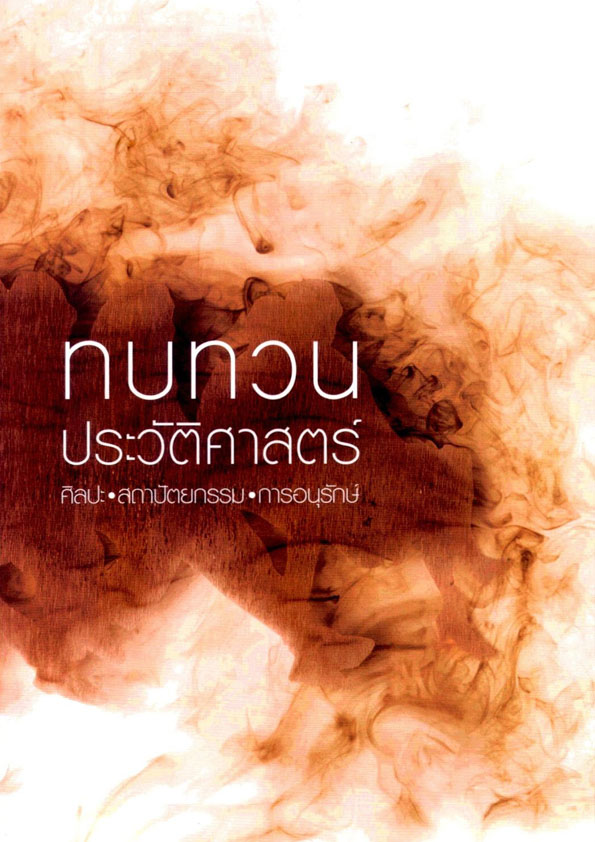การต่อสู้บนพื้นที่ความทรงจำของคนหลากหลายชาติพันธุ์ในประเทศไทย The Struggle on Memory Space of Diverse Ethnic Groups in Thailand
Main Article Content
Abstract
บทคัดย่อ
ความทรงจำร่วมกันของคนในสังคมมีความสำคัญอย่างยิ่ง เพราะเป็นรากฐานของจินตนาการที่เชื่อมต่ออดีตเข้ากับสภาวะที่ดำรงอยู่ในปัจจุบัน และเป็นความคาดหวังต่ออนาคตไปพร้อมกัน นับตั้งแต่รัชกาลที่ 5 เป็นต้นมา ได้มีความพยายามอย่างต่อเนื่องของชนชั้นนำไทยและรัฐไทยที่จะสร้างความทรงจำเกี่ยวกับ “ชาติไทย” และ “ความเป็นไทย” รวมทั้งทำให้ความทรงจำนี้มีอิทธิพลต่อคนทุกชั้น ทุกท้องถิ่น และทุกชาติพันธุ์ แม้ว่าชนชั้นนำไทยและรัฐไทยจะประสบความสำเร็จในการทำให้ความทรงจำนี้กลายเป็นความทรงจำกระแสหลักที่หล่อหลอมอัตลักษณ์ไทยรวมทั้งวัฒนธรรมแห่งชาติของไทย แต่ก็ไม่สามารถครอบงำคนทุกกลุ่มในสังคมไทยได้อย่างเบ็ดเสร็จเด็ดขาด ดังปรากฏว่าคนหลายกลุ่มได้สร้างความทรงจำที่อยู่นอกกรอบของ “ความทรงจำกระแสหลัก” ขึ้นมา โดยเฉพาะอย่างยิ่งในปัจจุบันซึ่งมีความขัดแย้งและการต่อสู้ทางการเมืองสูงขึ้นมาก เนื่องจากโครงสร้างสังคมไทยเปลี่ยนแปลงอย่างรวดเร็ว เพราะมีการขยายตัวของระบบทุนนิยมและแตกตัวทางชนชั้นแม้แต่ในเขตชนบทที่ห่างไกล ทำให้การแย่งชิงทรัพยากรภายในกลุ่มและระหว่างกลุ่มทวีความรุนแรง ในขณะที่ความสัมพันธ์เชิงอำนาจมีความสลับซับซ้อนขึ้นมาก ส่งผลให้พื้นที่ความทรงจำกลายเป็นพื้นที่หนึ่งที่ถูกใช้สำหรับการต่อสู้ทางการเมืองของกลุ่มคนต่างๆ ซึ่งต้องการปรับเปลี่ยนอัตลักษณ์และความสัมพันธ์เชิงอำนาจ เพื่อจะได้มีสิทธิและอำนาจต่อรองเพิ่มมากขึ้น รวมทั้งคนหลากหลายชาติพันธุ์ที่ตกอยู่ในฐานะคนชายขอบของรัฐไทยและสังคมไทยมาเนิ่นนาน
Abstract
The collective memory of people in society is of great importance because collective memory is both the foundation of imaginings which connect the past with present conditions and a future expectation.
Since the era of Rama 5 the Thai elite and Thai state have constantly attempted to construct memories of the “Thai Nation” and “Thai-ness” and to cause these memories to influence people of all classes, from all localities, and of all ethnicities. Although they have succeeded in making such memories the mainstream memories which now inform Thai identity, including national Thai culture, they have not been able to completely dominate all groups in Thai society. Many groups have constructed memories outside the framework of mainstream memories. This trend is particularly evident in the present where greatly increased political conflict and struggle, resulting from rapid changes to the structure of Thai society, caused by expansion of capitalism and class diversification, which are now affecting even remote rural areas and have caused competition for resources within and between groups to increase in intensity and relationships of power to become more complex, has resulted in memory space becoming one of the spaces used for political struggle by groups who want to alter their identity and relationships of power in order to have increased rights and bargaining power. These groups include many ethnic groups who nave for a long time been marginalized within the Thai state and Thai society.
